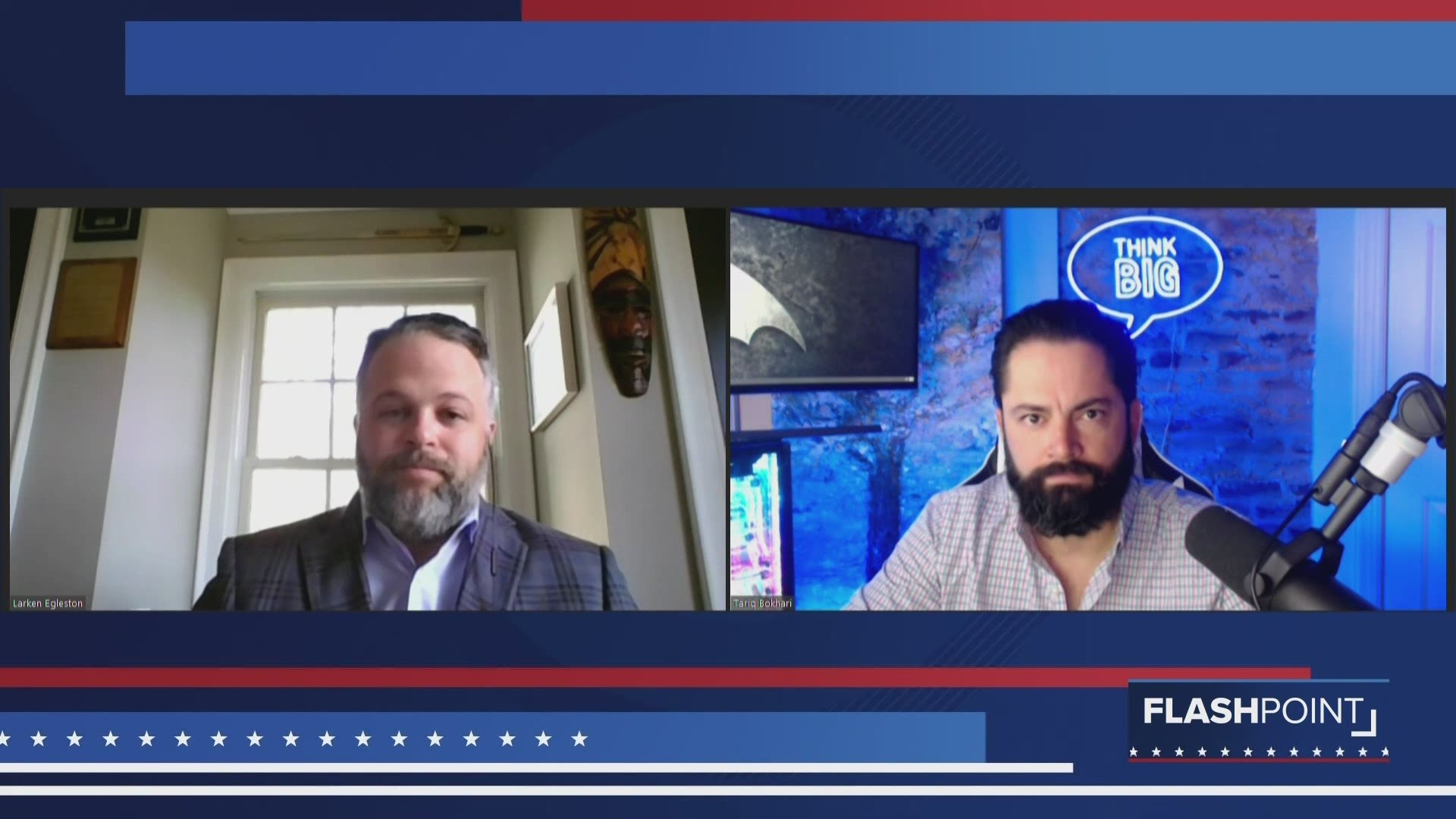CHARLOTTE, N.C. — Charlotte leaders are feeling cautiously optimistic about the city's long-term transit plan. While a ballot referendum on the issue remains on hold, and support from voters and other municipalities remains unsure, there's renewed support from the federal government.
"I think they understand the need for a robust and comprehensive transportation network," Councilman Larken Egleston said.
This week, the Biden administration unveiled a $2-trillion infrastructure plan and US Transportation Secretary Pete Buttigieg expressed support for Charlotte's approach.
"We want to partner with communities like Charlotte," Buttigieg said, in a recent interview with WCNC Charlotte's Ben Thompson for the Sunday morning public affairs show Flashpoint.
The city's current plan calls on a $4 to $6-billion investment from the federal government.
"We're in a position to capitalize on that enthusiasm I think, and we've done a lot of the groundwork to make sure we are ready," Egleston said.
But some question if the city, and region, are ready to compete against other states for those federal dollars. A delay in 2020 census data is likely forcing the postponement of a 1-cent sales tax referendum originally scheduled for the November ballot. Another obstacle, consensus among the state and neighboring towns about the costs of a regional transit system.
"Charlotte needs some transformational investment in how we move people 20-30 years from now. How we do that, and how we build the coalition to justify it, is still very much an open question," councilman Tariq Bokhari said.
The city's plan includes miles of new light rail, streetcar, bike lanes, and greenway. Last week, Buttigieg expressed general support for Charlotte's strategy.
"It's music to my ears when you talk about a multi-modal approach. In other words, talking about yes, roads, but also thinking about bicycle transportation, light rail, or another form of public transit. We need to make sure residents have as many options as possible."
Egleston isn't worried about delays or the unresolved support from the community and neighboring towns.
"In some regards, it's good. It gives us more time to work through some of those things," he said.

